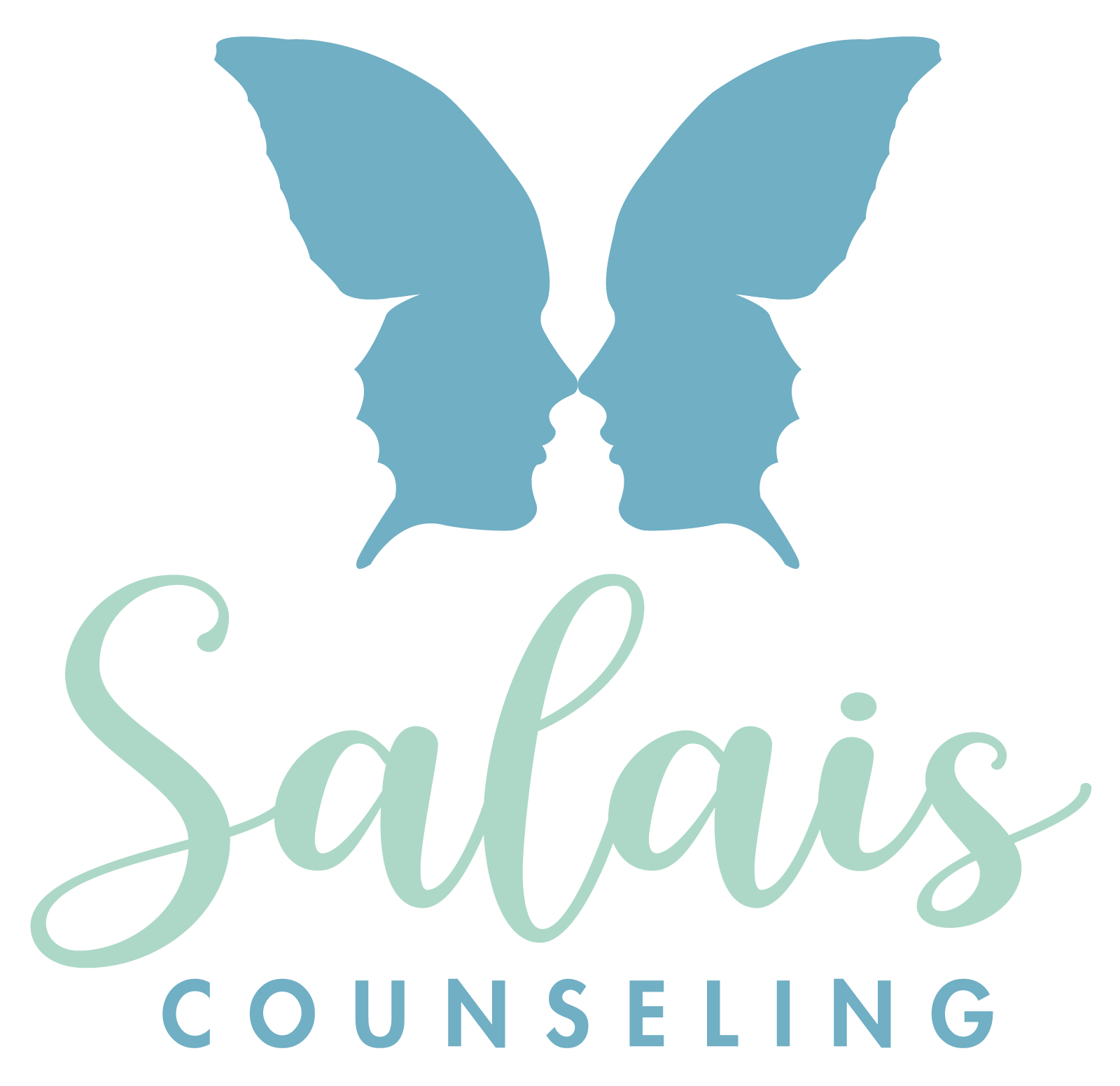FAQs
-
How much is therapy?
Regular Rate: $200
Self-Pay Discount Rate: $175
-
Do you accept insurance?
Yes, we accept:
- Aetna
- BCBS-Blue Cross Blue Shield (Including Anthem and Regence)
- **DMBA-Deseret Mutual Benefit Administrators (Out of Network Benefits)
- EMI- Educators mutual insurance
- **HMHI-Huntsman Mental Health Institution (Out of Network Benefits)
- Motivhealth
- PEHP-Public Employee Health Program
- Select Health Care, Med, Value, and Share. (We Do Not Accept Select Health Signature)
- UHC/Optum United Health Care (GEHA-Government Employee Health Association, UMR-United Medical Resources, and Surest)
**Using the out of network plan benefits.
-
I don’t understand my insurance benefits and what is covered.
All clients are responsible for contacting their insurance provider directly to clarify their unique mental health benefits regarding and what is and is not covered, copays, deductibles, out of pocket, and any preauthorization. Most insurance plans will cover mental health services differently then medical and dental services.
-
What forms of payment do you accept?
We accept Flex Spending Accounts (FSA), Health Savings Accounts (HSA) and all major credit cards.
-
What is your cancellation policy?
We kindly ask that you give a 24-hour notice of cancellation by reaching out to your provider directly. Individual phone numbers listed here.
Late Cancellation Fee: $100, Notice was given between 22 hours - 2 hours before scheduled time.
No Show Fee: $175, Client does not show and failed to give notice (Text, Call, Email) 2 hours prior to appointment.
-
What if I’m running late for an appointment?
Your appointment time will be held for up to 10 minutes. Your therapist will attempt to contact you if you’re not present at the time of your appointment. After 10 minutes, your appointment will be considered a no show and you will be charged a $175 no show fee.
-
A note on medications.
Cognitive Behavioral Therapy (CBT) and talk therapy can help you internalize change and learn skills that can stay with you over time. You will likely adapt methods to change your unhelpful thinking, develop self awareness and improve coping skills. However, there is a biological component to depression and many other mental illnesses. In many cases, medications are recommended in conjunction with therapy.
Sometimes, medication can help clear the fog and clutter, to allow you to do the work to feel successful. If you would like to also explore medication as an option to help you feel better, we will discuss the factors to consider and link you to a reputable and caring Medical provider. We will work as a team to coordinate care and help you feel better as quickly as possible.

